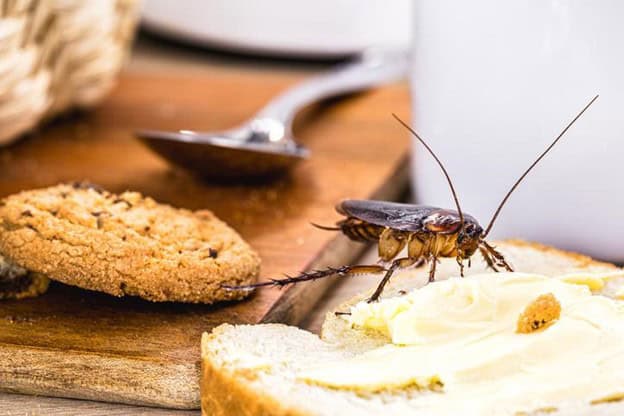READY TO GET STARTED?
REQUEST A FREE ESTIMATE
Fill out the form below or call (336) 226-1448 for a free, no-obligation estimate.

The holiday season is a time for joy, celebration, and relaxation. However, nothing can disrupt the comfort of your festive gatherings like an unexpected invasion of pests. Whether it’s rodents searching for warmth or ants sneaking in for a taste of your holiday treats, keeping your home pest-free should be a top priority. In this comprehensive guide, we’ll explore common holiday pests, provide practical prevention tips, and offer advice tailored to health-conscious individuals. By the end, you’ll be equipped to ensure that your home remains a sanctuary throughout the holidays and beyond.
During the colder months, several pests may seek refuge in your home, drawn by warmth and the promise of food. Here are some typical culprits:
Understanding these pests’ habits is the first step in protecting your home against them.
To maintain a pest-free home, proactive measures are essential. Here’s how to defend your space against unwanted visitors:
If you’re concerned about the environmental impact of pest control methods, consider the following eco-friendly options:
Once the festivities are over, take the time to conduct a thorough inspection of your home. Look for signs of pest activity, such as droppings, nests, or damaged items. Regular maintenance throughout the year can help prevent future infestations:
A pest-free home is crucial for a stress-free and enjoyable holiday season. By understanding common holiday pests, implementing prevention measures, and considering eco-friendly options, you can protect your home and loved ones. By following the tips outlined in this guide, you’ll create a comfortable and inviting environment, allowing you to focus on what truly matters—making cherished memories with family and friends. If you need extra protection this holiday season, reach out to your local pest control company for a free estimate and recommendations on treatment and prevention options.

Many will debate which is more effective – professional pest control or do-it-yourself pest control. There’s a growing trend among homeowners who want to be able to tackle pest control themselves to save time and money. Regardless of the route you take, prevention is always key to controlling pests. Below are some effective DIY pest control tips to try:
Keep Everything Clean
A clean house is much less attractive and hospitable for pests. Cleaning any dirty dishes and food scraps out of the sink will help keep pests away. Also, wipe down your kitchen counters and surfaces daily. Store food and drinks in sealed plastic or glass containers. Empty your garbage cans regularly. Keep your grass mowed and make sure to get rid of weeds. Lastly, keep all shrubs and trees trimmed back so they aren’t touching your house.
Make Your Home Less Attractive to Pests
Pests will come into your home in search of 3 things: food, water, and shelter. If you’re able to eliminate these attractants, pests will have no reason to come in. As referenced above, make sure you keep your home clean. Repair any leaky pipes and faucets both inside and outside of your home. Do not leave pet food or water bowls out overnight. Lastly, declutter your home and try to use plastic storage bins instead of cardboard boxes.
Use Plants as Natural Repellents
Some plants are known to be good pest repellents. Instead of using traditional chemical methods, these plants provide a green pest control alternative. Plant any of these around your home for a natural remedy to common pests:
Seal Them Out
Pests can’t get into your home unless they find a way in. Some pests only need a small opening to get in. Inspect the outside of your home for any potential entry points and seal them up. Make sure to check door frames, windows, utility pipes, and the roof. Repair any broken windows and screens.
Use the Pros
Sometimes an infestation can go beyond the scope of DIY pest control methods. In these circumstances, it’s best to call a professional who can properly identify the pest you are dealing with. They can provide proper treatment as well as ongoing prevention techniques that you can use at home.
If you suspect that you have a pest problem, contact your local pest control company for an evaluation.